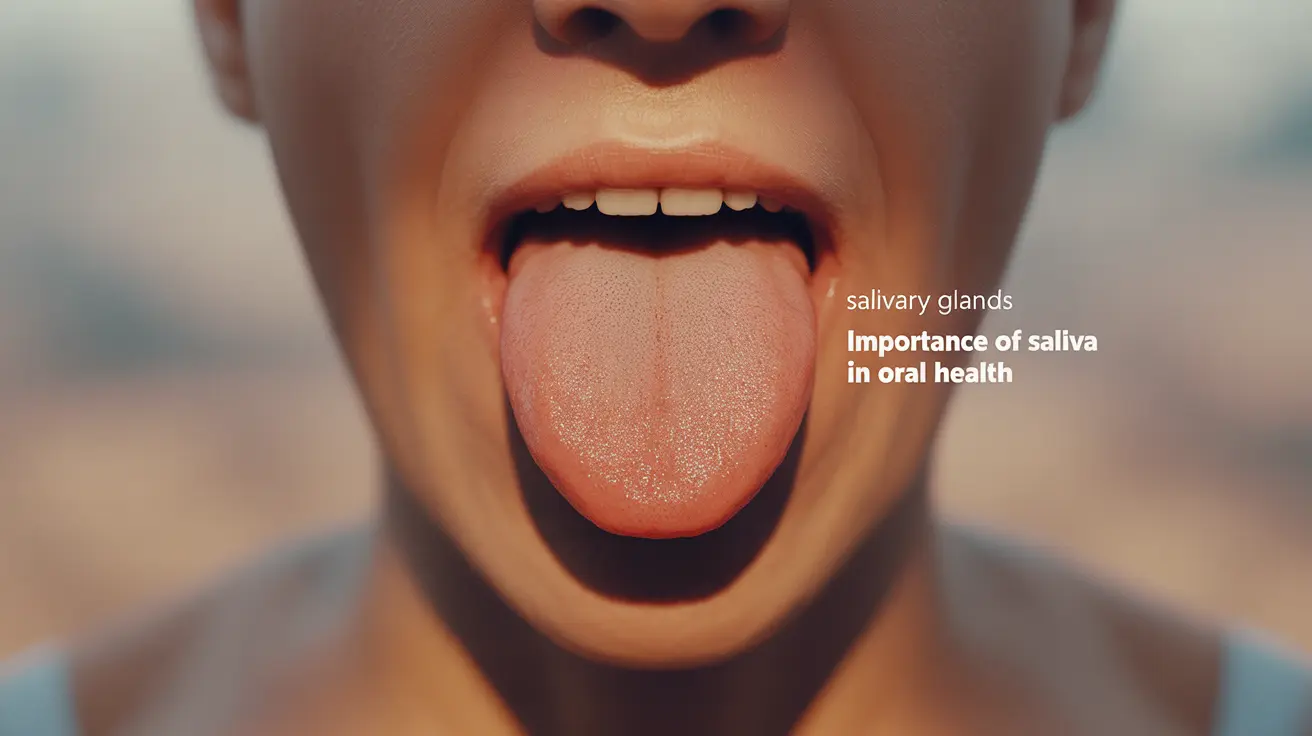Waking up with a parched mouth can be more than just an uncomfortable nuisance. Dry mouth at night, also known as nocturnal xerostomia, affects many individuals and can significantly impact both sleep quality and oral health. Understanding its causes and knowing how to address this common condition is crucial for maintaining overall wellness.
While occasional dry mouth might seem minor, persistent nighttime symptoms can lead to various complications if left unaddressed. This comprehensive guide explores the causes, prevention strategies, and treatment options for managing dry mouth during sleep.
Common Causes of Nighttime Dry Mouth
Several factors can contribute to experiencing dry mouth while sleeping:
- Mouth breathing during sleep
- Dehydration
- Sleep apnea or other sleep disorders
- Side effects of medications
- Aging
- Autoimmune conditions
- Radiation therapy to the head and neck
- Tobacco use
Impact on Oral Health
Dry mouth at night isn't just about discomfort – it can have serious implications for your dental health. Saliva plays a crucial role in protecting your teeth and gums by:
- Neutralizing harmful acids
- Washing away food particles
- Fighting bacteria
- Helping prevent tooth decay
- Supporting healthy gum tissue
When saliva production decreases during sleep, these protective functions are compromised, potentially leading to increased risk of cavities and gum disease.
Prevention and Management Strategies
Before Bedtime Routine
Implementing these practices before sleep can help reduce dry mouth symptoms:
- Stay hydrated throughout the day
- Use a humidifier in your bedroom
- Avoid alcohol and caffeine in the evening
- Stop smoking or using tobacco products
- Practice good oral hygiene
During Sleep Solutions
Consider these methods to maintain moisture while sleeping:
- Use oral moisturizing gels
- Keep water beside your bed
- Try artificial saliva products
- Consider using special dry mouth oral rinses
- Use lip balm to prevent cracked lips
Medical Interventions
If home remedies aren't providing sufficient relief, medical interventions may include:
- Prescription medications to stimulate saliva production
- Adjustment of existing medications that may cause dry mouth
- Treatment of underlying conditions
- Consultation with a sleep specialist if sleep apnea is suspected
Frequently Asked Questions
What causes dry mouth at night and how can I stop it?
Dry mouth at night can be caused by mouth breathing, medications, dehydration, or underlying health conditions. To prevent it, stay hydrated, use a humidifier, avoid alcohol and caffeine before bed, and maintain good oral hygiene. If symptoms persist, consult a healthcare provider for targeted treatment.
Can medications make dry mouth worse while sleeping, and what should I do if I think my medicine is the cause?
Yes, many medications can cause or worsen dry mouth, including antidepressants, antihistamines, and blood pressure medications. If you suspect your medication is the cause, don't stop taking it without consulting your healthcare provider. They may be able to adjust your dosage or suggest alternatives.
What are the best home remedies for relieving dry mouth at night?
Effective home remedies include using a humidifier, staying hydrated throughout the day, using sugar-free lozenges before bed, applying oral moisturizing gels, and keeping water nearby. Special dry mouth oral rinses and artificial saliva products can also provide relief.
Does dry mouth at night increase the risk of tooth decay or other oral health problems?
Yes, nighttime dry mouth significantly increases the risk of tooth decay, gum disease, and other oral health issues because reduced saliva production means less natural protection against bacteria and acids. Regular dental check-ups and maintaining good oral hygiene are essential.
When should I see a doctor about dry mouth at night, and could it be a sign of a more serious condition?
Consult a healthcare provider if dry mouth persists despite home remedies, causes severe discomfort, or is accompanied by other symptoms like difficulty swallowing or changes in taste. It could indicate underlying conditions such as Sjögren's syndrome, diabetes, or sleep apnea that require medical attention.




